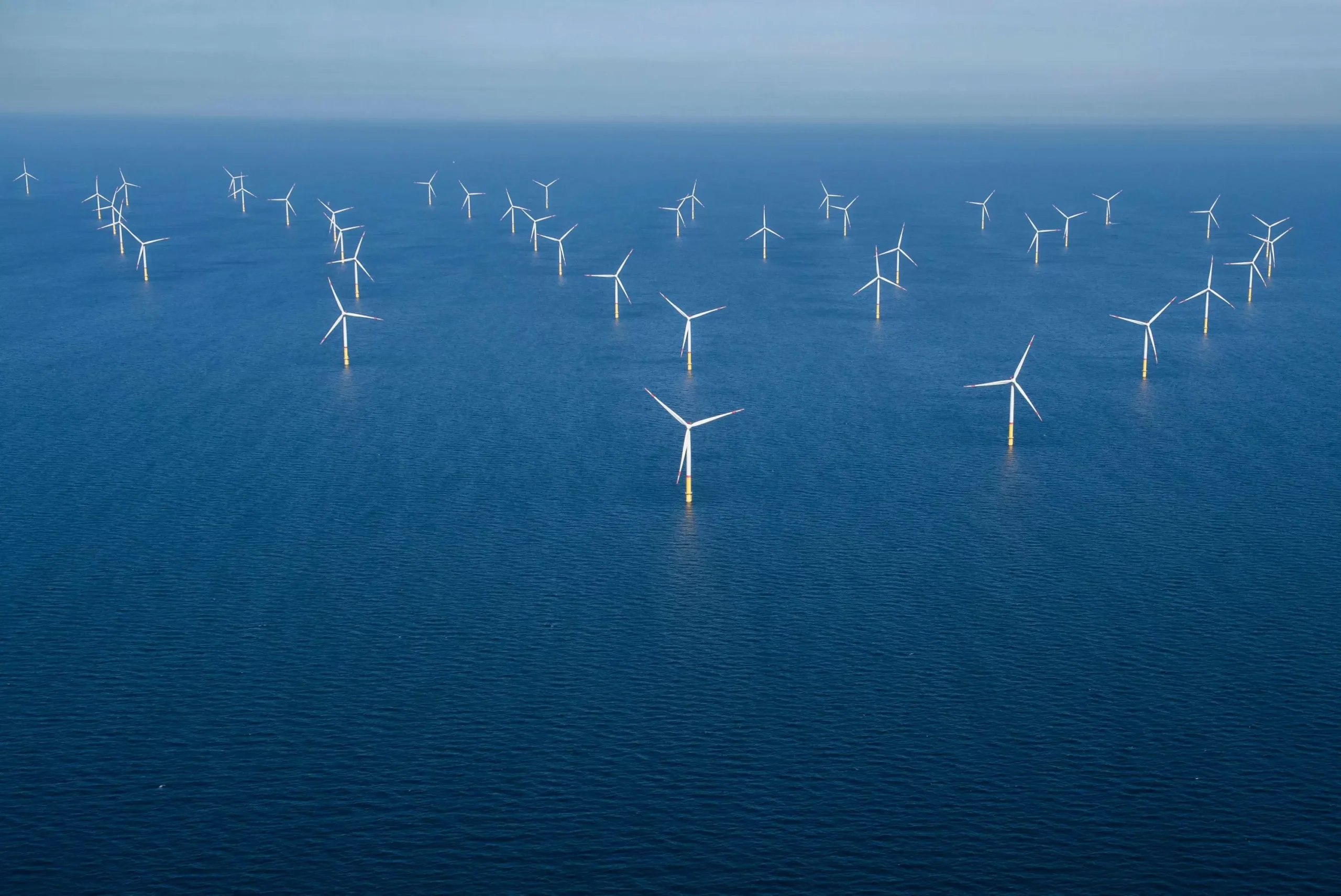European Scientists Team Up with Startups to Tackle Ocean Oxygen Depletion
The world’s oceans are home to a vast array of marine life, providing food and livelihood to millions of people. However, in recent years, there has been a growing concern about the depletion of oxygen in the ocean, also known as ocean hypoxia. This phenomenon poses a significant threat to sea creatures, disrupting their habitats, and ultimately affecting the entire marine ecosystem. In response to this pressing issue, European scientists have joined forces with two startups to conduct a pioneering experiment aimed at tackling ocean oxygen depletion.
The depletion of oxygen in the ocean is primarily caused by human activities such as pollution and climate change. As a result, large areas of the ocean are experiencing low levels of oxygen, making it difficult for marine life to survive. This not only affects the fish and other sea creatures but also has a ripple effect on the entire food chain, including the livelihoods of fishermen and coastal communities.
Realizing the gravity of the situation, a team of European scientists has teamed up with two startups, Ocean Oxygen and Blue Ocean Solutions, to take on this challenge. The goal of this groundbreaking experiment is to develop innovative solutions to restore oxygen levels in the ocean and create a more sustainable marine ecosystem.
The experiment will take place in the Baltic Sea, a region that has been severely affected by ocean hypoxia. The team will use a combination of technologies, including artificial aeration and bioremediation, to increase oxygen levels in the water. Artificial aeration involves pumping oxygen-rich surface water to the deeper layers of the ocean, while bioremediation uses microorganisms to break down pollutants and increase oxygen production.
One of the key partners in this experiment is Ocean Oxygen, a startup that specializes in developing innovative solutions to combat ocean hypoxia. Their technology, known as Subsea O2, uses a unique aeration system that can be easily installed in different marine environments. This technology has shown promising results in increasing oxygen levels in the Baltic Sea, and the team is confident that it can be scaled up to have a more significant impact.
The other partner, Blue Ocean Solutions, is a startup that focuses on bioremediation solutions for the ocean. Their technology, called OceanBoost, uses natural microorganisms to convert pollutants into harmless substances, thereby increasing oxygen levels in the water. This technology has already been successfully tested in the Baltic Sea, and the team is optimistic that it can be used in other parts of the ocean as well.
The European Commission, through its Horizon 2020 program, is funding this experiment, which is part of a larger project called OxyMarine. The project aims to develop a comprehensive strategy to tackle ocean hypoxia and promote the sustainable use of the ocean’s resources. The success of this experiment could have far-reaching implications, not only for the Baltic Sea but also for other regions facing similar challenges.
The team is also collaborating with local fishermen and coastal communities to ensure that their activities are not disrupted during the experiment. They believe that involving the local community in the project is crucial for its success, as they are the ones who have firsthand knowledge of the ocean and its resources.
The pioneering experiment has already started, and the initial results are promising. The team has observed a significant increase in oxygen levels in the Baltic Sea, and the marine life in the area has started to thrive again. This is an encouraging sign and a testament to the potential of this project.
The European scientists and the two startups are determined to continue their efforts to combat ocean hypoxia and create a more sustainable marine ecosystem. They are also looking to collaborate with other organizations and governments to expand their project and make a more significant impact.
In conclusion, the joint effort of European scientists and startups to tackle ocean oxygen depletion is a step in the right direction. It shows that when we come together and combine our knowledge and resources, we can find innovative solutions to even the most pressing problems. The success of this experiment could pave the way for a more sustainable future for our oceans and the millions of people who depend on them. Let us hope that this collaboration serves as an inspiration for others to join the fight against ocean hypoxia and protect our precious marine life.








